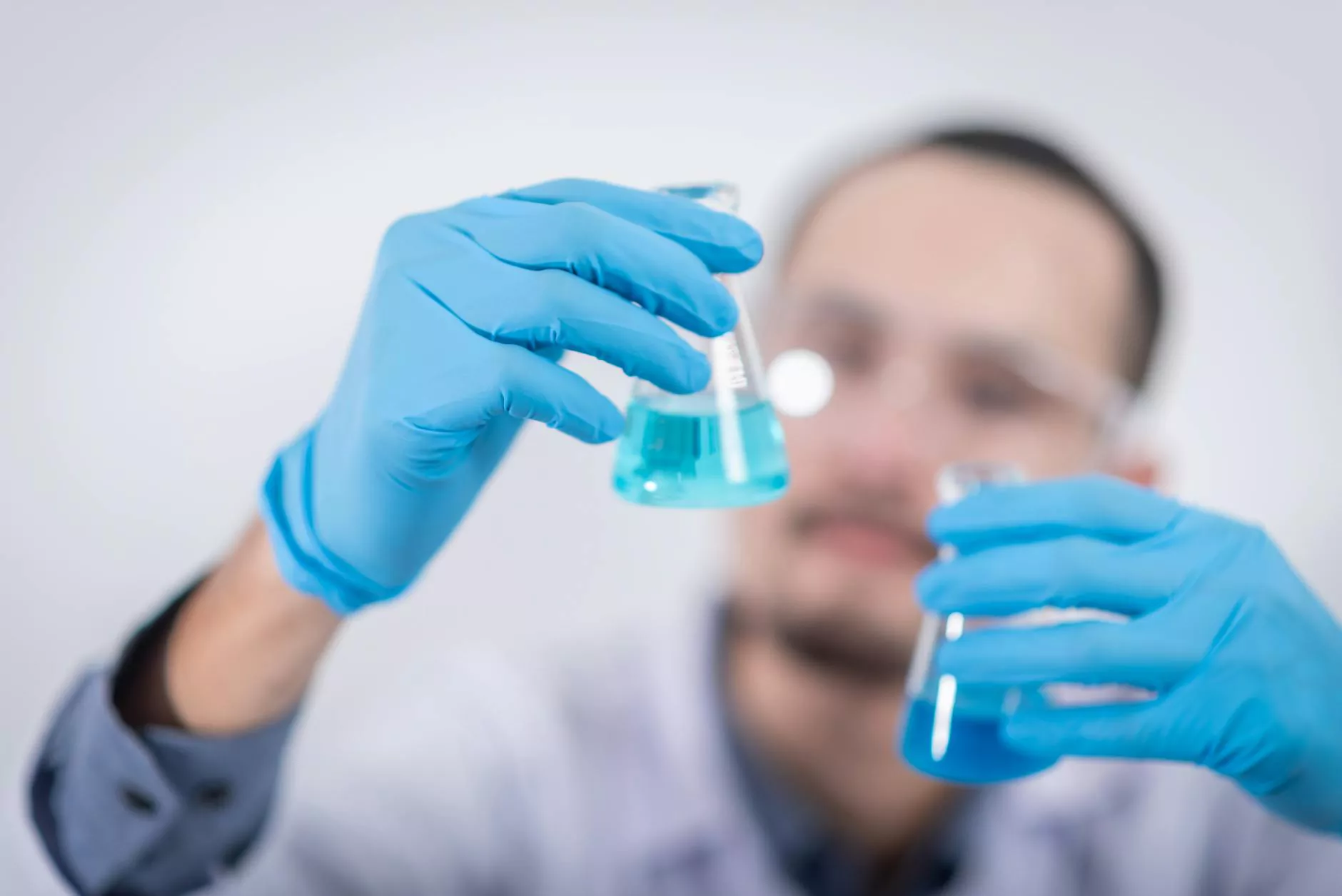Finding Healthy Solutions at a Stomach Cancer Treatment Center

Stomach cancer, also known as gastric cancer, is a serious condition that affects thousands of individuals worldwide. If you or a loved one has been diagnosed with stomach cancer, understanding the journey ahead is crucial. One of the most important steps is selecting the right stomach cancer treatment center, where comprehensive care and advanced treatment options are available. This article will guide you through various aspects of stomach cancer and how specialized centers can provide the support and expertise needed for effective treatment.
Understanding Stomach Cancer
Stomach cancer originates in the lining of the stomach and can develop due to various risk factors which often include:
- Age: Most cases are diagnosed in older adults, typically those over 60 years.
- Family History: A family history of stomach cancer increases the risk.
- Certain Dietary Factors: A diet high in salty and smoked foods and low in fruits and vegetables can increase risk.
- Helicobacter Pylori Infection: This common bacterium is associated with gastric cancer.
- Smoking: Tobacco use is a significant contributing factor.
Recognizing Symptoms
Early detection of stomach cancer is critical for successful treatment. Symptoms can vary significantly between individuals, but common signs include:
- Persistent Stomach Pain: Unexplained and ongoing pain in the abdomen.
- Unexplained Weight Loss: Sudden loss of appetite or weight without trying.
- Nausea and Vomiting: Feelings of queasiness that become frequent.
- Difficulty Swallowing: Pain or discomfort while swallowing food.
- Bloating: A feeling of fullness or discomfort after eating.
It is essential to consult a healthcare professional if you experience any of these symptoms, as early diagnosis can greatly enhance treatment outcomes.
What to Expect at a Stomach Cancer Treatment Center
Upon visiting a stomach cancer treatment center, you will find a team of dedicated healthcare professionals ready to provide comprehensive care. These centers typically offer a range of services including:
Thorough Diagnosis
Diagnosis may involve various tests such as:
- Endoscopy: A procedure to examine the stomach lining using a flexible tube with a camera.
- Biopsy: Taking a tissue sample to determine the presence of cancerous cells.
- Imaging Tests: CT scans, MRIs, or PET scans to check if the cancer has spread.
Personalized Treatment Plans
Once diagnosed, your healthcare team will devise a tailored treatment plan that considers:
- The stage of cancer: Determining what treatments are most appropriate.
- Your overall health: Ensuring the planned treatments are suitable for your condition.
- Your preferences: Involving you in decision-making based on your values and lifestyle.
Treatment Options Available
Treatment for stomach cancer may involve several approaches, each tailored to the individual’s needs:
Surgery
Surgical intervention often aims to remove the tumor and possibly parts of the stomach. Common types of surgery include:
- Partial Gastrectomy: Removal of a part of the stomach.
- Total Gastrectomy: Complete removal of the stomach.
- Lymph Node Dissection: Removal of nearby lymph nodes that may contain cancer cells.
Chemotherapy
Chemotherapy uses drugs to destroy cancer cells, and it may be used at different stages:
- Adjuvant Chemotherapy: Given after surgery to eliminate any remaining cancer cells.
- Neoadjuvant Chemotherapy: Administered before surgery to shrink tumors.
Radiation Therapy
This treatment uses high-energy rays to kill cancer cells and may be used in conjunction with surgery or chemotherapy for enhanced effects.
Targeted Therapy
Advancements in medicine have introduced targeted therapies that specifically attack cancer cells without harming normal cells. These may be an option depending on the cancer's specific genetic markers.
The Importance of a Multidisciplinary Team
One of the key advantages of attending a stomach cancer treatment center is the access to a multidisciplinary team. This team, including surgeons, medical oncologists, radiation oncologists, nurses, nutritionists, and social workers, collaborates to provide:
- Holistic Care: Addressing the physical, emotional, and psychological needs of patients.
- Nutrition Advice: Nutritionists provide crucial dietary guidance that aids recovery and enhances treatment effectiveness.
- Support Services: Counseling and support groups can help patients and families cope with the emotional toll of cancer.
Choosing the Right Stomach Cancer Treatment Center
Selecting the right facility is essential for receiving high-quality care. Consider these factors when choosing a stomach cancer treatment center:
- Accreditation: Look for centers accredited by reputable health organizations.
- Experience: Research the center’s experience with stomach cancer treatments.
- Technology: Ensure the center uses the latest technologies and treatment methods.
- Patient Testimonials: Seek feedback from former patients to understand their experiences.
Conclusion
Stomach cancer can be challenging, but with the right support and treatment, patients can navigate their diagnosis with hope and resilience. A reliable stomach cancer treatment center not only offers advanced medical care but also emotional support and resources to assist in recovery. If you or someone you know is facing this diagnosis, taking the time to find a specialized treatment center can make a significant difference in the journey toward healing and health.
For further information and resources, you can explore the services offered by oncologicalsurgery.net which provides insights into hospitals that specialize in treating stomach cancer and other oncological conditions.









